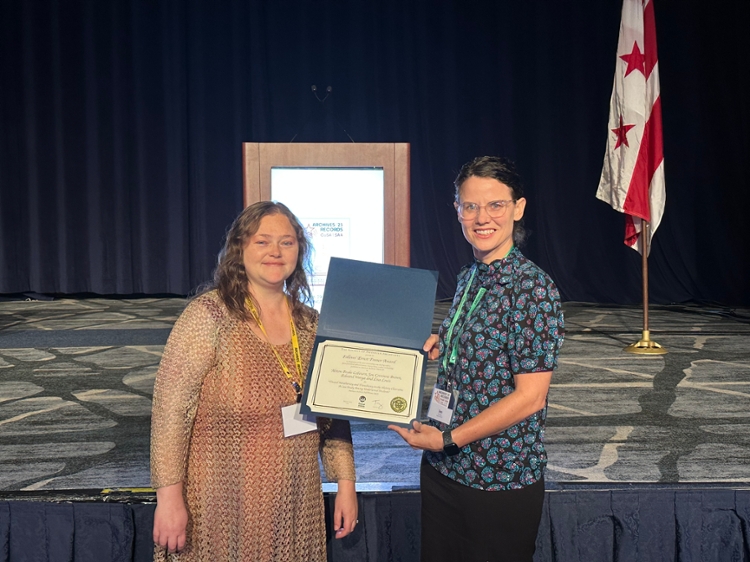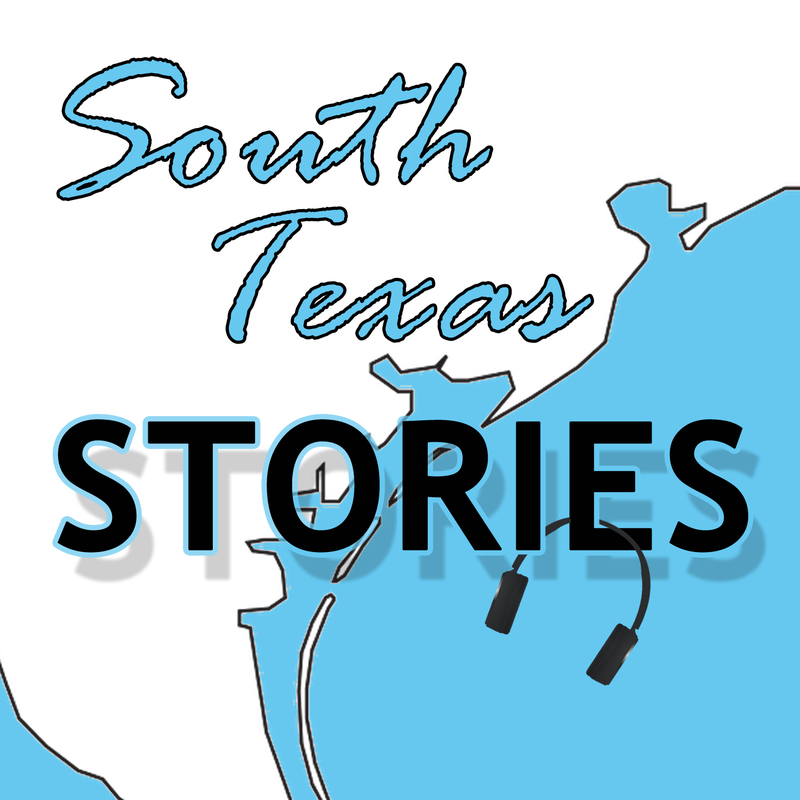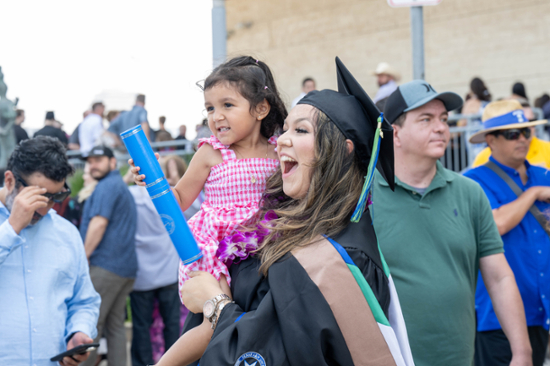Island University Faculty Honored with Society of American Archivists Award
Posner Award team features 2 TAMU-CC faculty members
Two Texas A&M University-Corpus Christi faculty, Dr. Jen Corrinne Brown, Associate Professor of History, and Lisa Louis, Director of User and Research Services at the TAMU-CC Mary and Jeff Bell Library, along with two former Bell Library employees, Alston Brake Cobourn and Edward Warga, are the 2023 recipients of the Fellows’ Ernst Posner Award given by the Society of American Archivists.
CORPUS CHRISTI, Texas — Two Texas A&M University-Corpus Christi faculty, Dr. Jen Corrinne Brown, Associate Professor of History, and Lisa Louis, Director of User and Research Services at the TAMU-CC Mary and Jeff Bell Library, along with two former Bell Library employees, Alston Brake Cobourn and Edward Warga, are the 2023 recipients of the Fellows’ Ernst Posner Award given by the Society of American Archivists (SAA). Founded in 1936, SAA is North America’s oldest and largest national archival professional association.

Established in 1982, the Ernst Posner Award recognizes an outstanding essay dealing with some facet of archival administration, history, theory, and/or methodology that was published during the preceding year in SAA’s journal, American Archivist.
The team’s award-winning article, “Toward Metaliteracy and Transliteracy in the History Classroom: A Case Study Among Underserved Students,” appeared in the Fall/Winter 2022 issue of American Archivist (vol. 85, no. 2) and addresses the increasing importance of transliteracy and metaliteracy within the digital humanities, particularly for underserved students lacking college readiness.
For their study, the authors used a class project from the “Introduction to Public History” undergraduate course taught at TAMU-CC. The students in the class established a digital home for the ongoing “South Texas Stories” oral history project, and they learned about primary source literacy, information literacy, visual literacy, and digital literacy.

“The class project demonstrated that transformative digital history projects can—and should—be assigned to underserved students,” Brown said. “By learning more about information literacy, digital literacy, and archival literacy, students were able to create digital exhibits that showcased their research into local history topics. Our article argued such projects are essential to addressing the digital divide that exists in South Texas.”
The Committee found that the case study presents useful approaches to teaching student populations with little or no understanding of digital literacy. As such, it is a “widely applicable outreach approach and a model that others could use in the development of programs to support underserved communities and to help students understand the importance of preserving their digital footprints.”
“This project gave the students a valuable opportunity to not only engage with the rich history of South Texas but also to improve their archival, information, and digital literacies, skills that will help them succeed in college, the workplace, and as lifelong learners,” Louis said.

